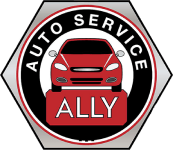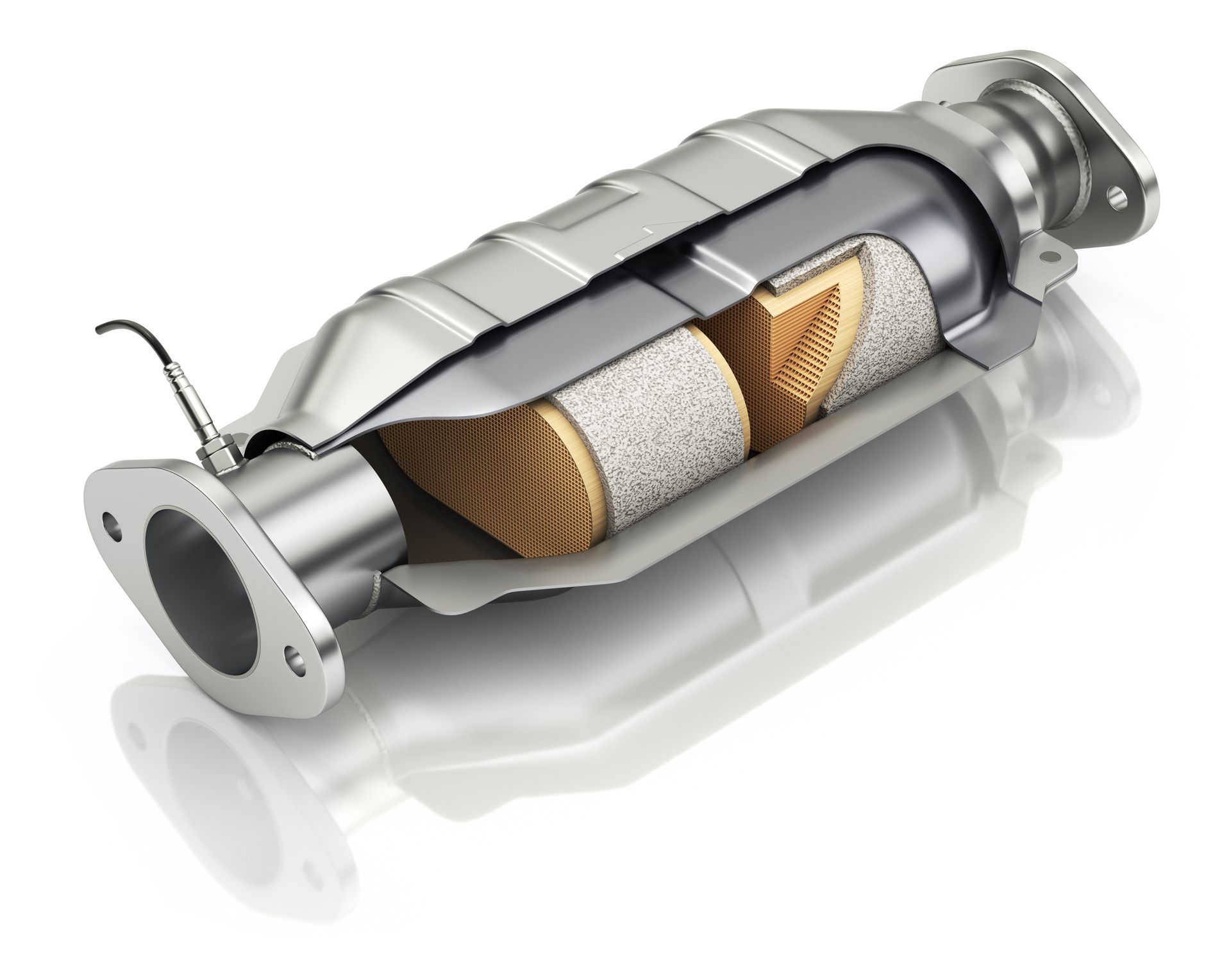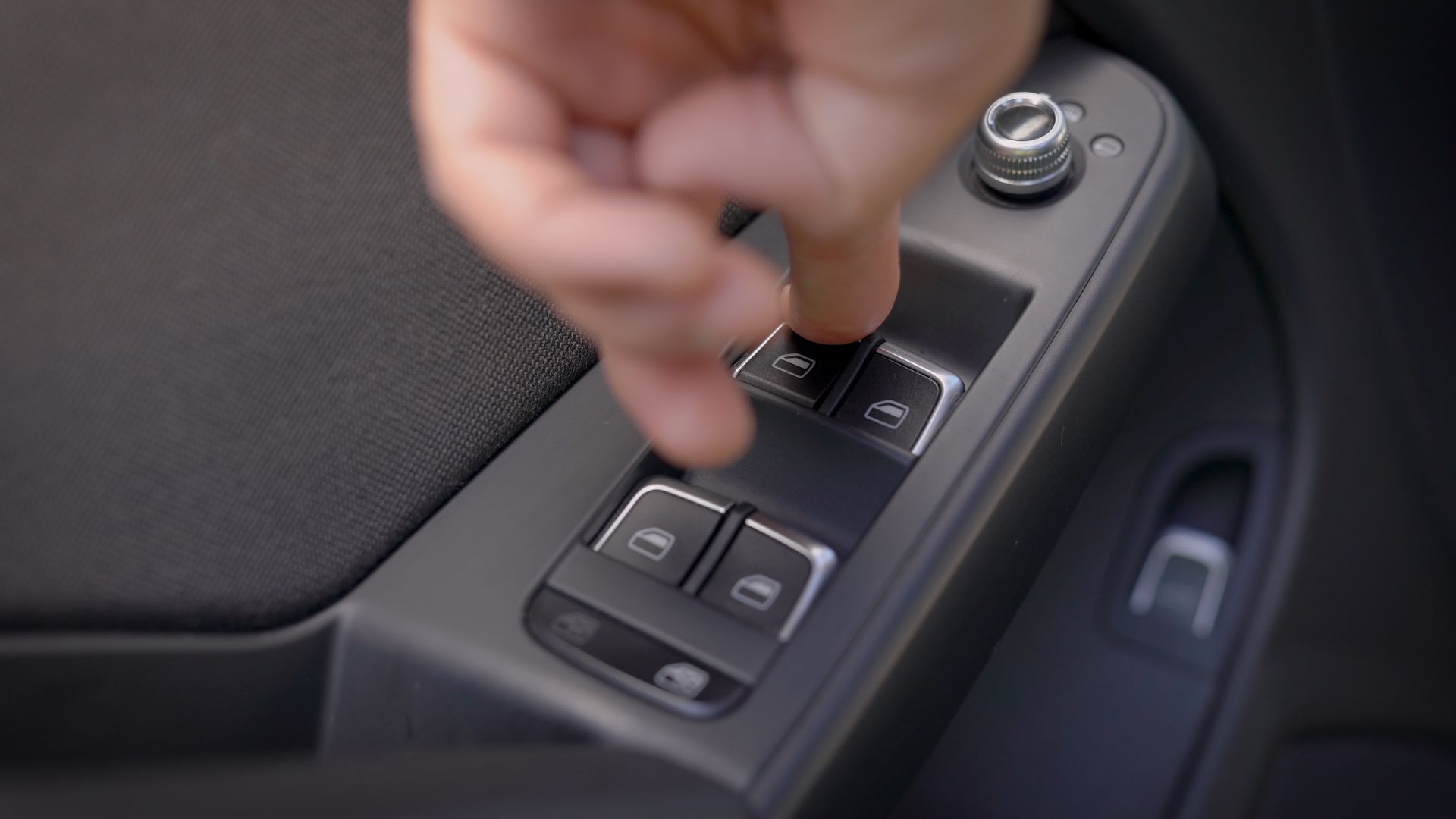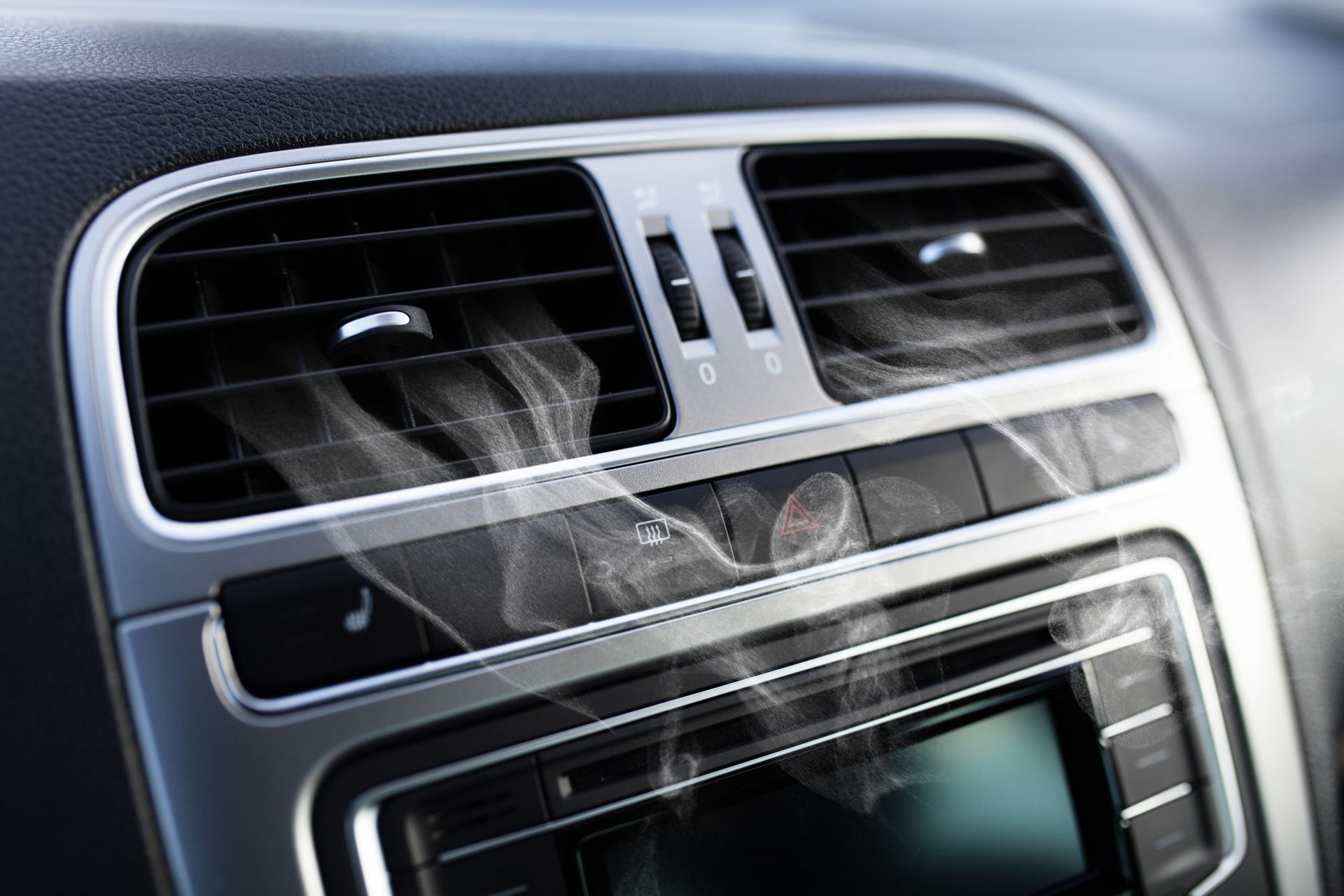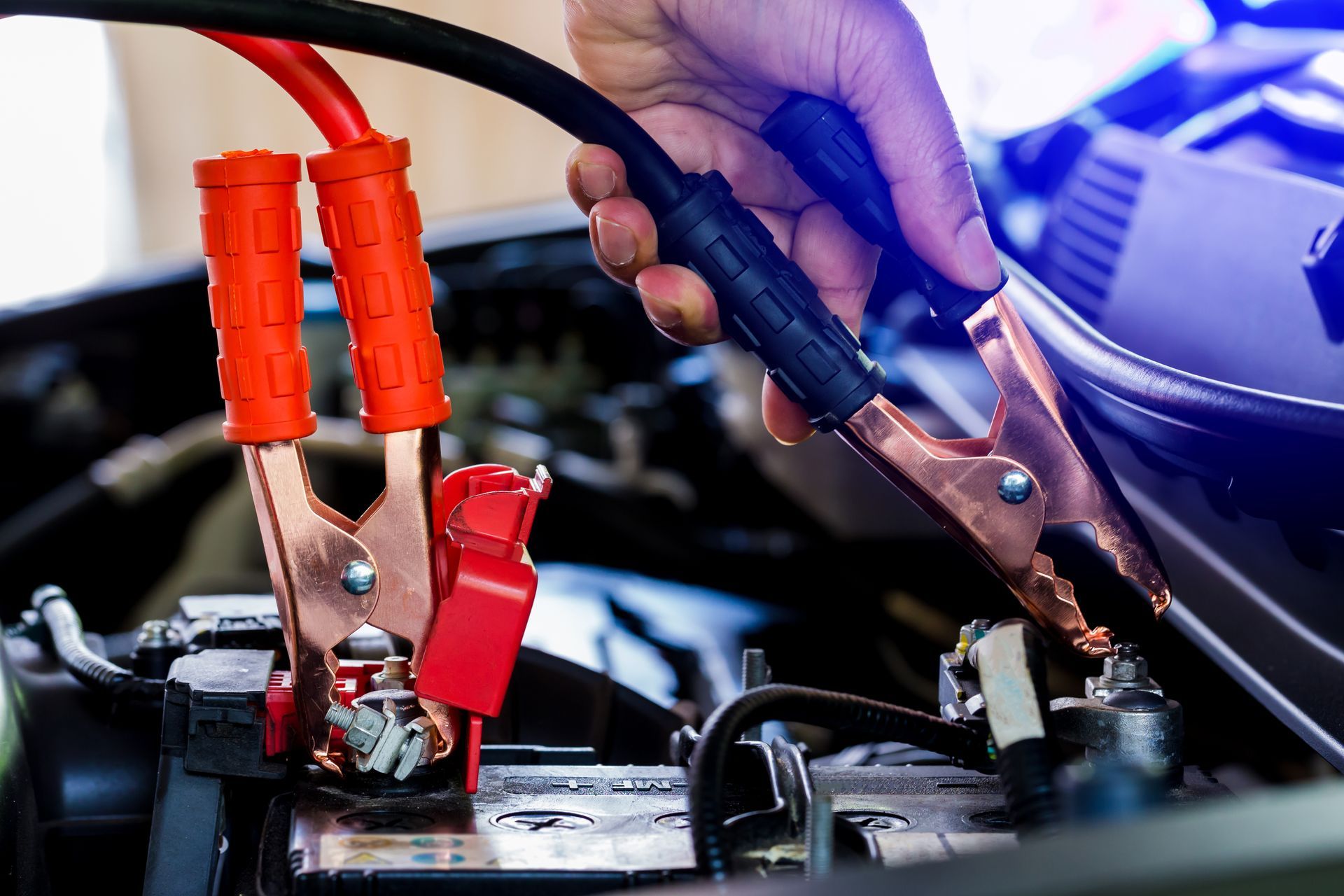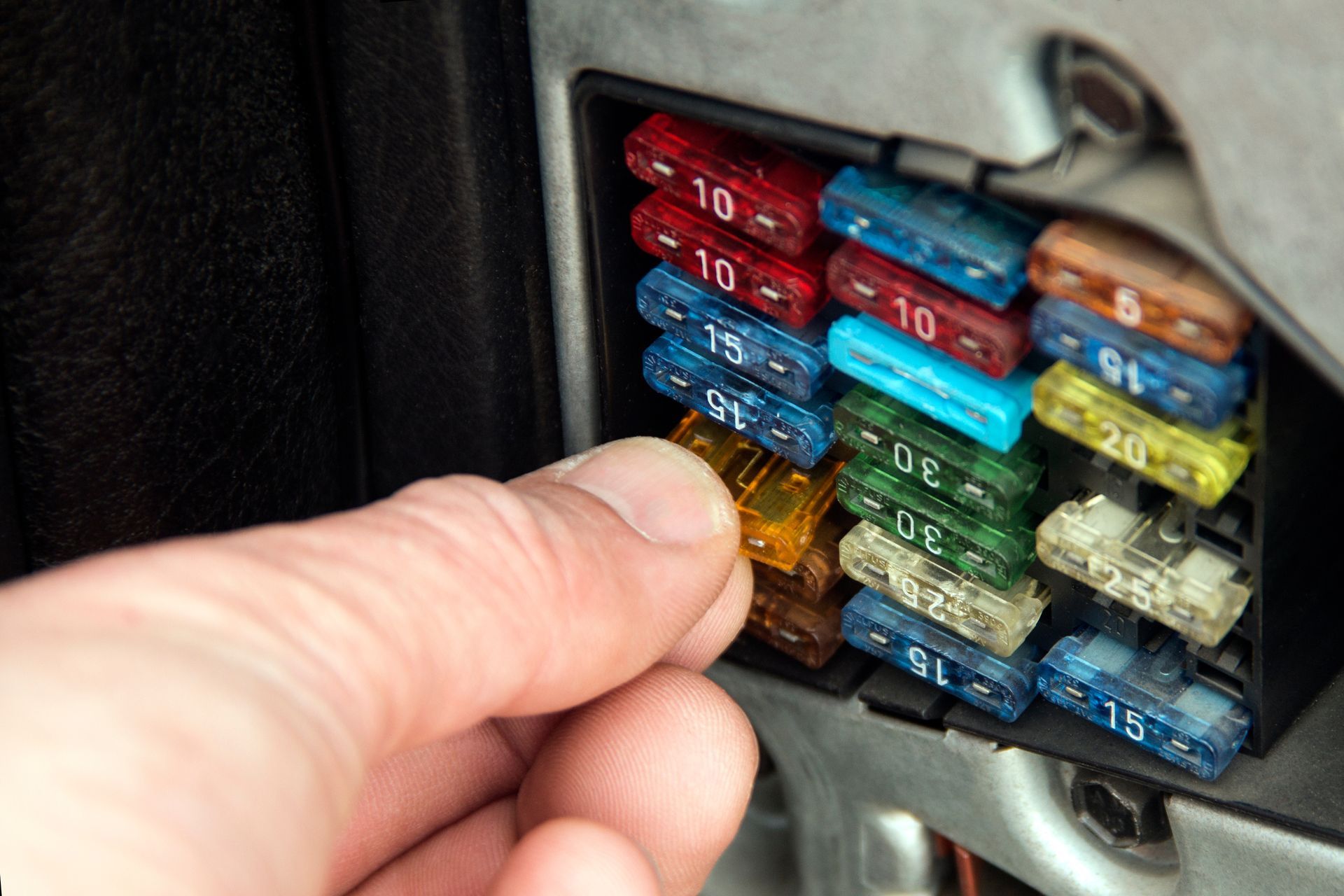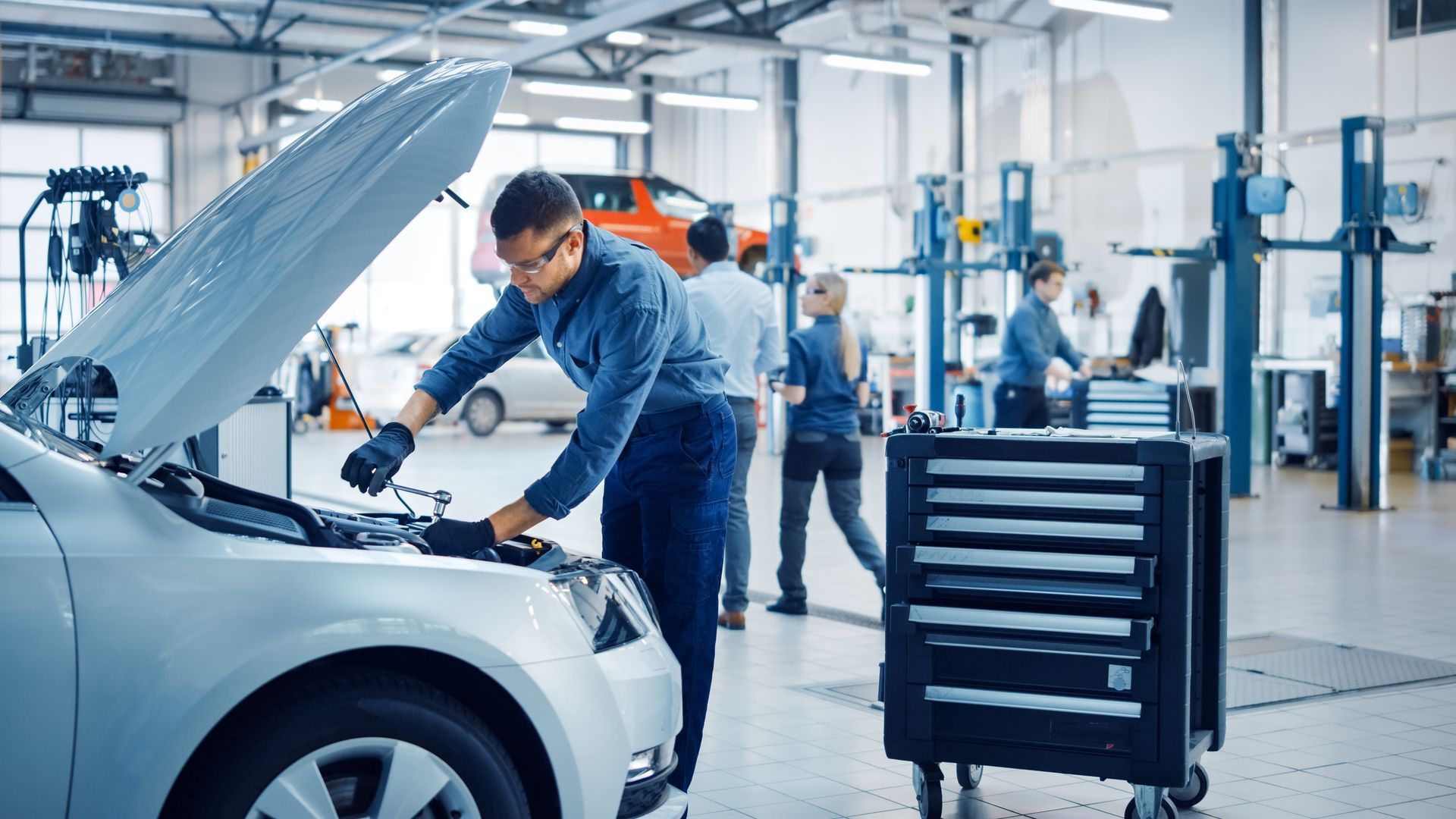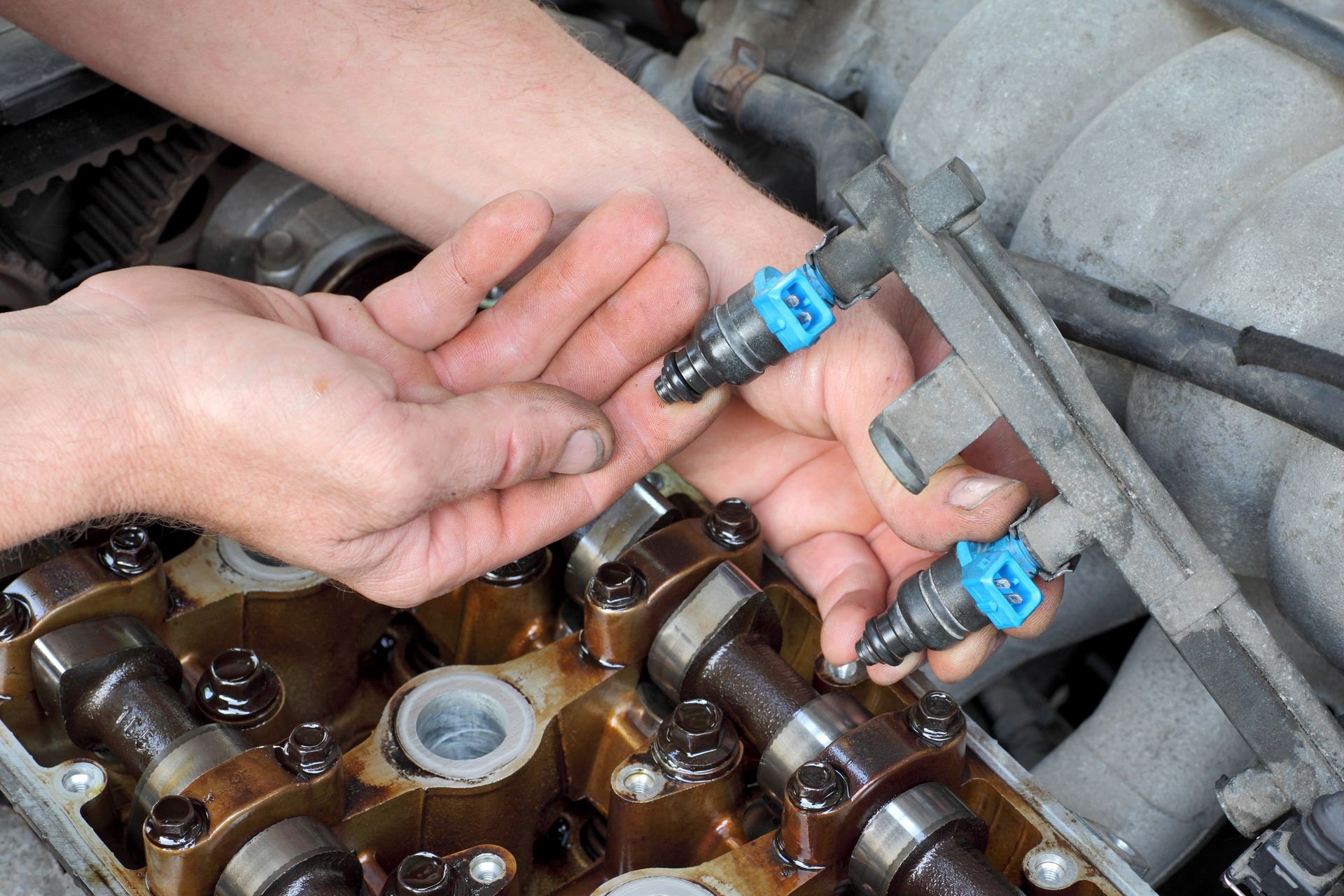Your brakes are one of your vehicle's most important safety systems and one of the most frequently used. Every stop sign, red light, and quick slowdown adds a little more wear to those pads and rotors. Over time, it adds up. While brake parts are designed to wear down gradually, how you drive and care for your vehicle can dramatically affect how long they last.
If you’ve ever been surprised by how quickly your brakes needed replacement, you’re not alone. But the good news is there are practical ways to extend brake life and avoid premature wear. Here’s how to do it.
Drive Smoothly and Anticipate Stops
The way you drive makes a bigger difference than most people realize. Sudden stops, tailgating, and slamming the brakes at the last second all force your brake system to work harder and generate more heat, which are two major causes of brake wear.
Instead, try looking farther down the road and anticipating stops. Ease off the accelerator early and let your vehicle slow down naturally before applying the brakes. The smoother your stops, the less pressure you’re putting on the pads and rotors every time.
Avoid Riding the Brakes on Long Descents
Driving downhill? It’s common to keep your foot lightly on the brake to maintain control, but this habit leads to overheating. When brake components get too hot, they wear out faster and can even lose effectiveness temporarily (a condition called brake fade).
A better approach is to shift into a lower gear and let engine braking assist. This takes stress off the brake system and helps maintain a more controlled descent—especially useful on long hills or when towing.
Don’t Overload Your Vehicle
Pickup trucks and SUVs are often used to haul gear, tow trailers, or carry extra weight—but it’s easy to forget that extra weight adds stress to your entire brake system. The heavier the load, the harder your brakes have to work to stop it.
If you're regularly hauling heavy items or towing, make sure your brake system is up to the task. Upgraded brake pads and rotors may be a smart investment for drivers who tow or carry loads frequently.
Keep Your Brake Fluid Fresh
Brake fluid doesn’t wear down like pads or rotors but absorbs moisture over time. That moisture can reduce braking performance and lead to corrosion inside the system. If your brake fluid looks dark or hasn’t been changed in a few years, it’s worth checking.
Clean, fresh brake fluid ensures that your braking system responds as it should, especially in sudden stops or emergency situations.
Have Your Brakes Inspected Regularly
Brake issues don’t always start with noise or a warning light. Sometimes wear happens gradually and silently. A brake inspection at regular intervals can help catch problems early, like thinning pads, warped rotors, or sticking calipers, before they turn into safety hazards or costly repairs.
Even if everything seems fine, having a professional take a closer look can give you peace of mind. It’s one of the easiest ways to stay ahead of brake problems.
Know the Signs of Trouble
If you notice squeaking, grinding, or vibrations when braking, it’s time to have the system checked. These are often early signs of worn-out pads or other issues. Catching them on time can prevent further damage to more expensive components like rotors or calipers.
Also, watch for a soft or spongy brake pedal, pulling to one side while braking, or increased stopping distances—these may point to hydraulic issues or uneven wear.
Ally Auto Service – Brake Care You Can Count On in Omaha, NE
At
Ally Auto Service, we will protect your vehicle and ensure its safety by offering reliable brake inspections and service. If your brakes are due for maintenance or you’re just not sure how they’re holding up, stop by and let our team take a look. We’ll give you the clear answers and expert care your car deserves.
